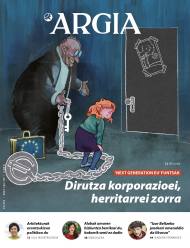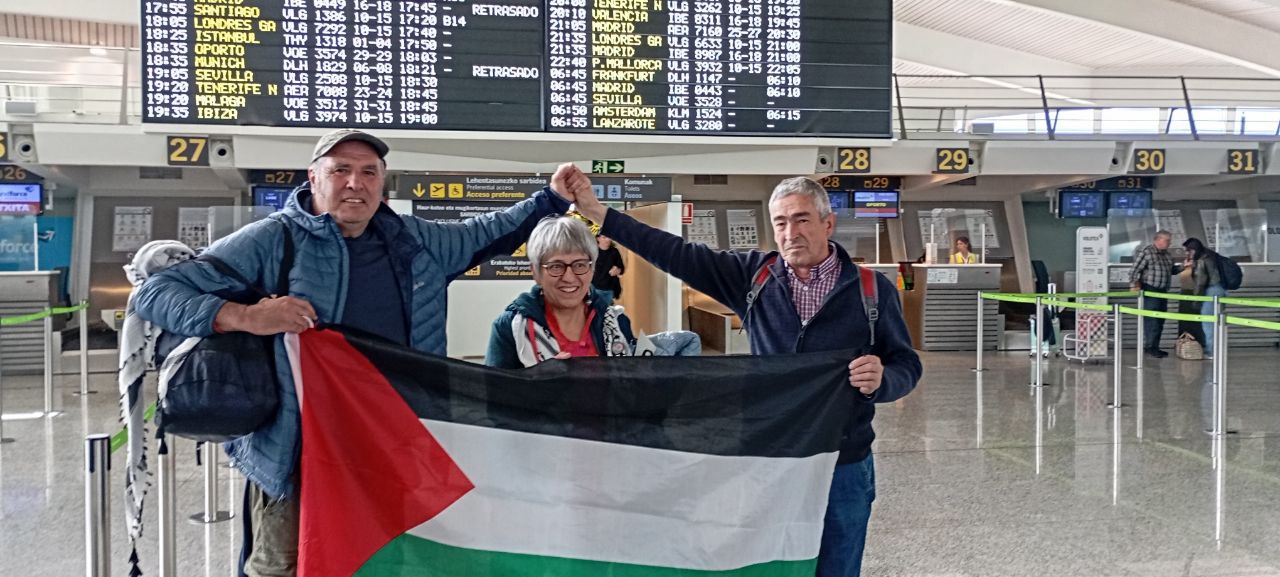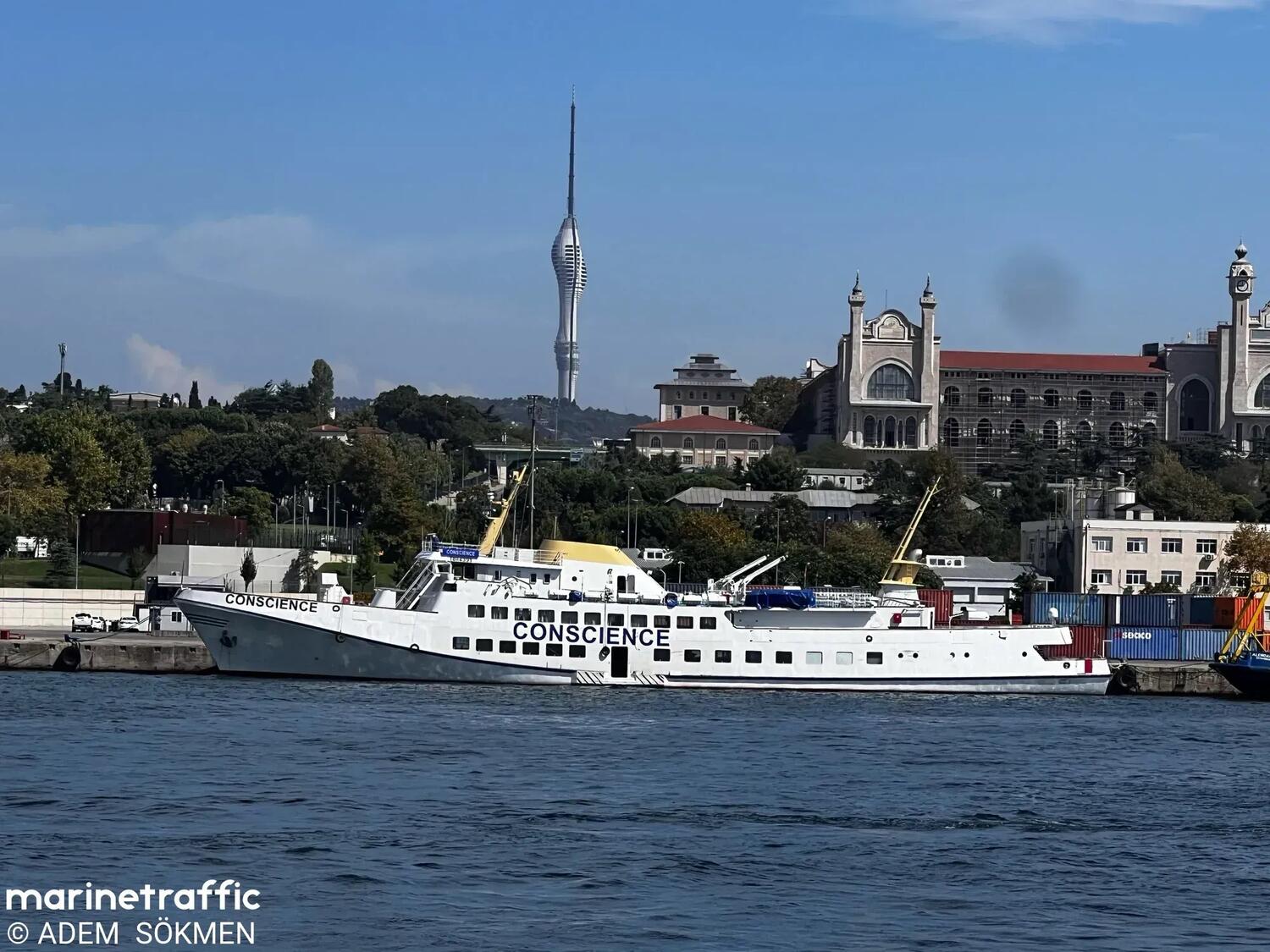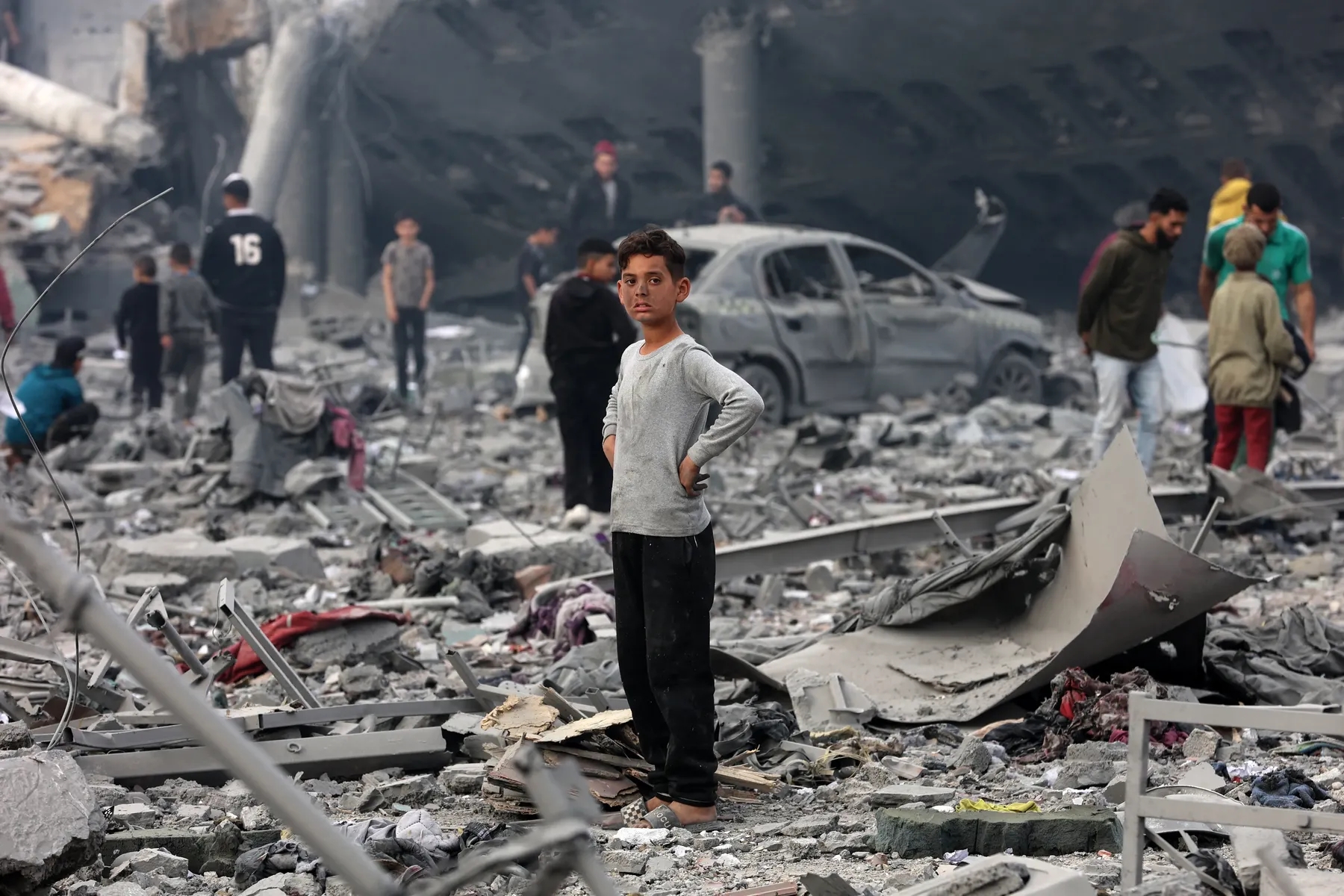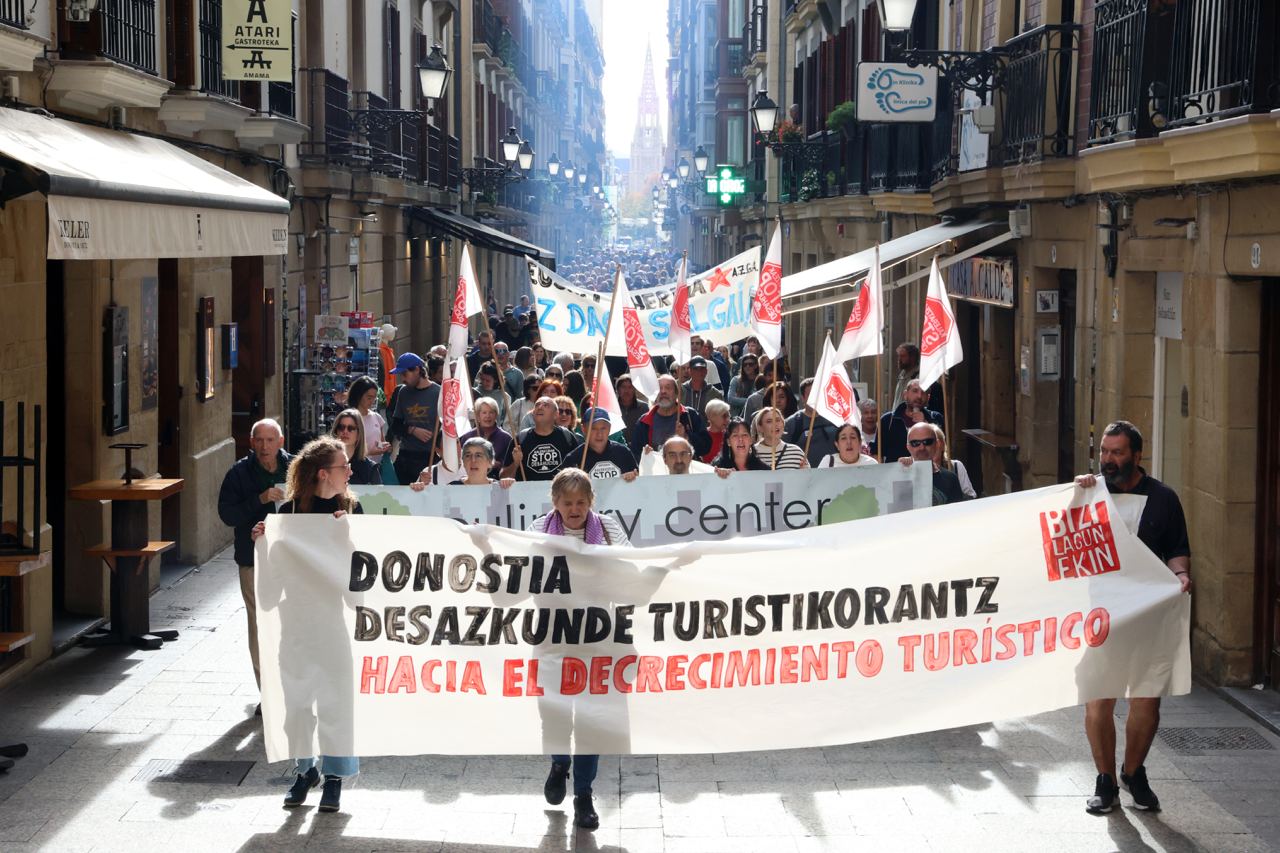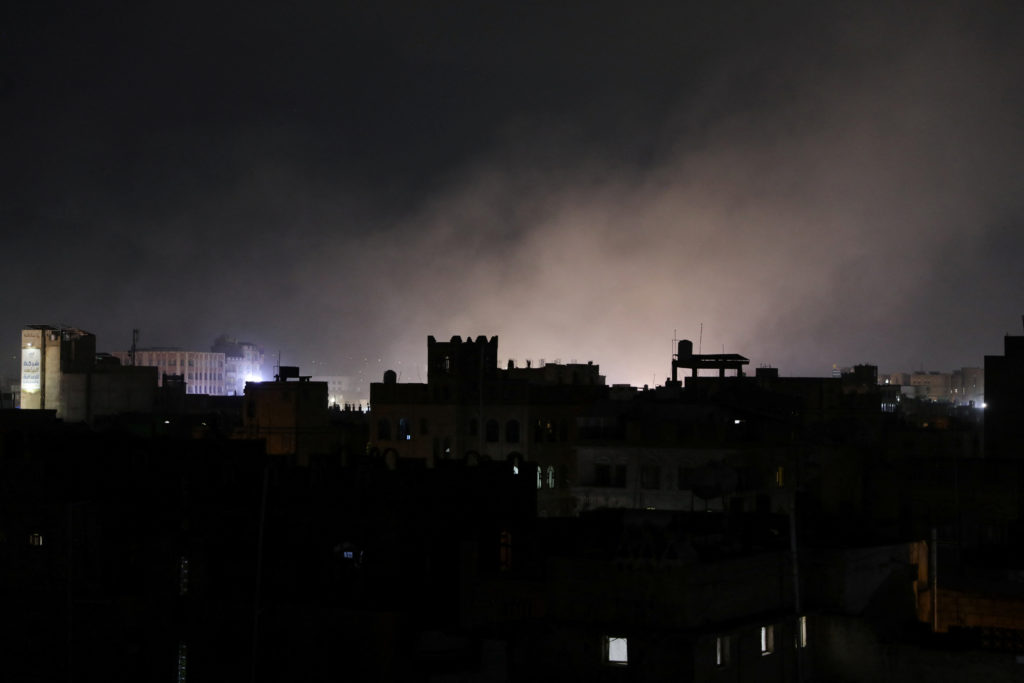"When my mother said I was alone, I understood that I had to re-study revenge."
- The writer and journalist Kia Abdullah is born in London. Their parents migrated from Bangladesh to Britain. Over the past few years she has talked in some way in Bengali with the old mother. I lost the flow. Disaster: Being isolated by the virus, they have to talk to their mother on the phone and they cannot communicate in a bad state of confusion, they cannot use gestures and face-to-face gestures. And during the isolation, her mother told a sister of Kia that she felt lonely. So Kia was clear about what he had to do: relearn the poison. Kia Abdullah wrote the story in the Guardian newspaper in December 2020. The story is translated into Basque.
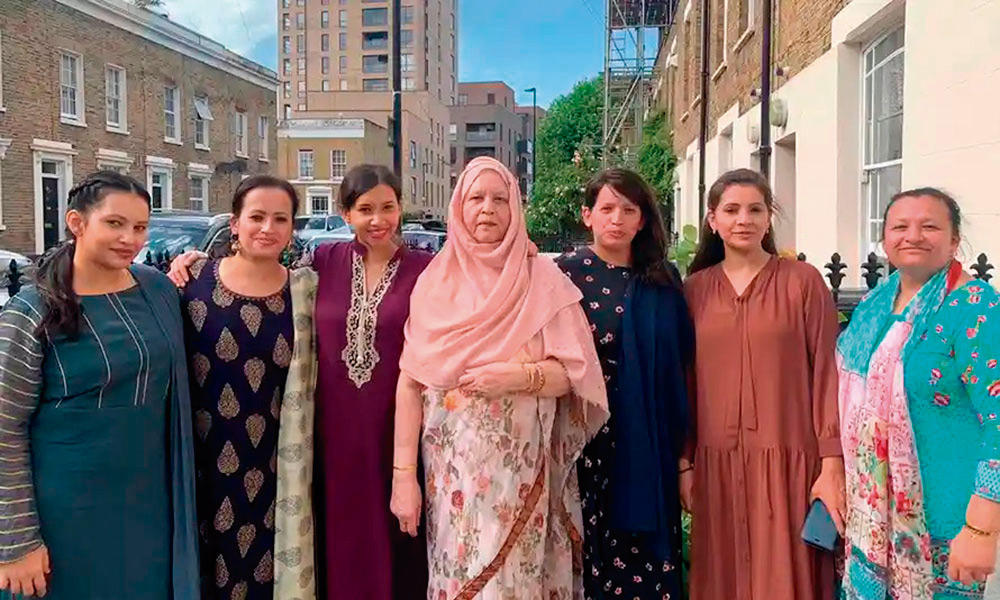
In this strange and isolated year [in 2020], the formation of the language sylheti has given me a new way of understanding my family.
I have never understood why our London students were so proud to know the only language. “I speak no more than English,” they would recognize with a strong voice, as if it were an honor. Maybe so, 90 percent of the students who felt unique were flares in the middle. Perhaps this would show that they were modern, progressive and assimilated, disconnected from the strange customs of migrant families.
I took a different attitude, and I kept at my side the faculty of speaking in Bengali, as if it were an amulet. It was a secret code and encryption that made me see another world. In fact, language is more than just a vocabulary, it brings us many other details: the quality of a person's humor, the punctuation of an insult, as well as the texture of pain. When my mother told me that “Amar shoril ekere kulya zargi”, I understood that the closest translation (my body crumbles in the seams) had not received the emotion of a woman tormented by the loss of health, which was in the last years of her life.
I appreciated the ability to get in and out of my mother tongue, but language is fast. If you do not hold it firmly, it glides easily. Since I left my parents' home, I rarely spoke seriously. Since my father's death in 2007, I only talked to my mother.
In the next decade, little by little, I lost the flow. Every time I talked to my mother, I realized I needed more and more “loan words.” He held English when he couldn't find the Bengali word. Knowing that he would understand them, he would use words like bread and as a hospital, but he increasingly needed more words than my mother could not understand so easily: “publish”, “postage” or “totals”.
For years we were immersed in intertwined conversations, where words were formed through expressions and gestures: we were accompanied by movements of the lips or wrists. In 2020, however, we were left without those resources. When we were isolated, on the phone, we had no more than words. And I no longer had enough words.
Our conversations started to be uncomfortable and fraught with difficulties. I asked him by heart several times. The talks were insubstantial: What have you done today? What did you eat? What are you going to do right away? I was calling him less and less frequently, until one summer day he told my sister that he felt lonely. I realized that I had failed, in 2020 and also in many years before. I promised to learn my first language.

The biggest challenge was finding things to read and hear in Bengali. Most of the material is sadhu bhasa, in the formal version of language. I speak the language sylheti vulgar. In Bangladesh eleven million people speak, in India it is also used in many places and in the Bengali diaspora. Sadhu is very different from Bhsa. Some experts say that language is totally different. Take Spanish as an example and compare it with Portuguese.
I wanted to use the Duolín platform, but I was told that there were not enough people for the English-Bengali course. Then I went to the Italki platform. Students and teachers get in touch through the video. I found twenty Bengal teachers (1,700 to teach Spanish), but no one taught Sylheti.
I searched radio and podcasts, and once again, I didn't find anything in the language sylheti. I studied sylheti bangla in 30 days, I bought an electronic book, but it was misformatted, and I got a content that I couldn't figure out. In the end, I went to YouTube and after searching for hours, I found a channel that offered newsletters in sylheti.
As I learned the language as a child, I didn't need to look at the basics, especially I had to work the vocabulary. I started listening to the newsletters three times a week. I soon realized that the use of loan words was not mine, but that the language had taken over it. For example, they used the words “arrest”, “police”, “headquarters” and “postmortem” when they spoke in sylheti. It is probably the result of a century of British hegemony and decades of globalization.
I started to recover the fluidity through the newsletters from YouTube and I came to appreciate the presenter, I was doing it, without much meaning! I also asked my sisters to tell me about the Sylheti language. They're all married to Bengali men and they use language more often. Unfortunately, the results were mediocre. As soon as we had any disability, we started in English.
However, I stayed with mine, I listened, I aspired and practiced. In the following months the dictionary quickly swollen. I recovered forgotten words and learned things that I never knew. Many second-generation migrants had lost the flow long ago, so I was very happy to have recovered my flow.
I started calling my mother more often. I still get stuck in a few words, but I have the ability to express myself much more clearly. I can ask you more than you have done today, what you have eaten and what you will do next. Now when she makes any comment I can understand her whole, for example when she said that “tai ekshor fon gontor farborni”. The caustic insult was for a neighbor and its meaning (“as if I could count a hundred pounds”) in English is less rigid. Thanks to learning the Sylheti language again, I knew some features of my mother. As the glasses were made of light, other things became the focus of attention: their acute ingenuity, moments of intermittent sadness…
The writer Simon Van Booy wrote that “language is the greatest legacy we can bequeath to our children or those we love: a story that gathers how you’ve felt.” In this strange and isolated year, my language has offered me more than knowing myself, I have understood my mother.
Dehumanization has penetrated deeply into the powers of the West, and they look with indifference to the holocaust that Gaza is suffering; in Gaza, if bombs do not kill you, you will die of hunger.
Now that our ship has been bombed it is a total impotence, we are well and we... [+]
I found the old news on the LIGHT ephemeris channel: On April 23, 1918, Irish workers went on a general strike in I. Against forced recruitment for World War II. Thanks to the response of the workers and independence supporters, Britain was forced to retreat.
We don’t have to... [+]
Errepikatu nirekin: Sara Millerey. Ez dezagun ahaztu bere izena. Transfeminizidioaren biktima da Millerey: gorrototzaile transmisogino batek torturatu zuen, besoak moztu zizkion eta bizirik bota zuen ibaiertz batera. Bi orduko agoniaren ondoren hil zen.
Errazagoa da J.K... [+]
It seems possible to measure happiness. There are even those who insist on it. The UN is not very successful in maintaining world peace, but it shows in an annual report how such a quality is distributed across the planet. It is basically a list, staggered from country to... [+]
Rearm Europe. Reindustrialize to defend Europe. This is the agenda that the political leaders of the European Union have been trying to promote lately, through the White Paper on European Defence, the BirArm Europe and the 2030 Availability plans. The excuses for the promotion... [+]









